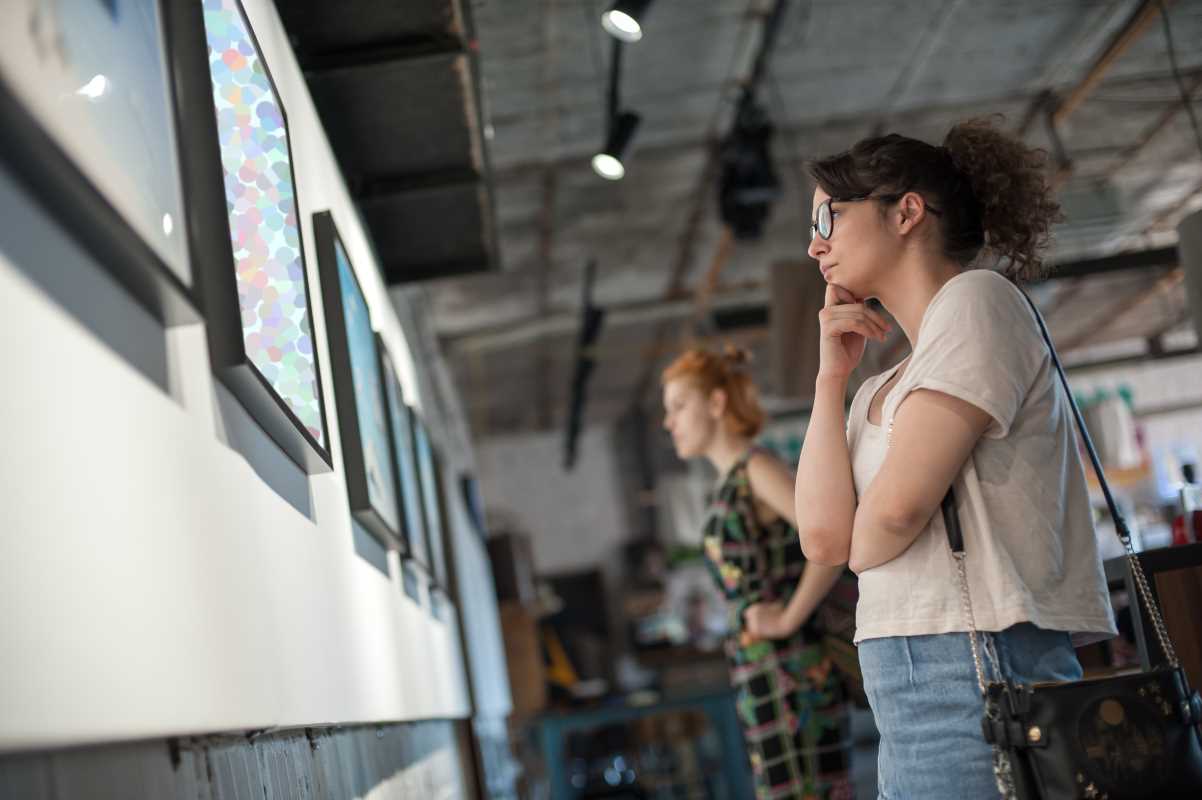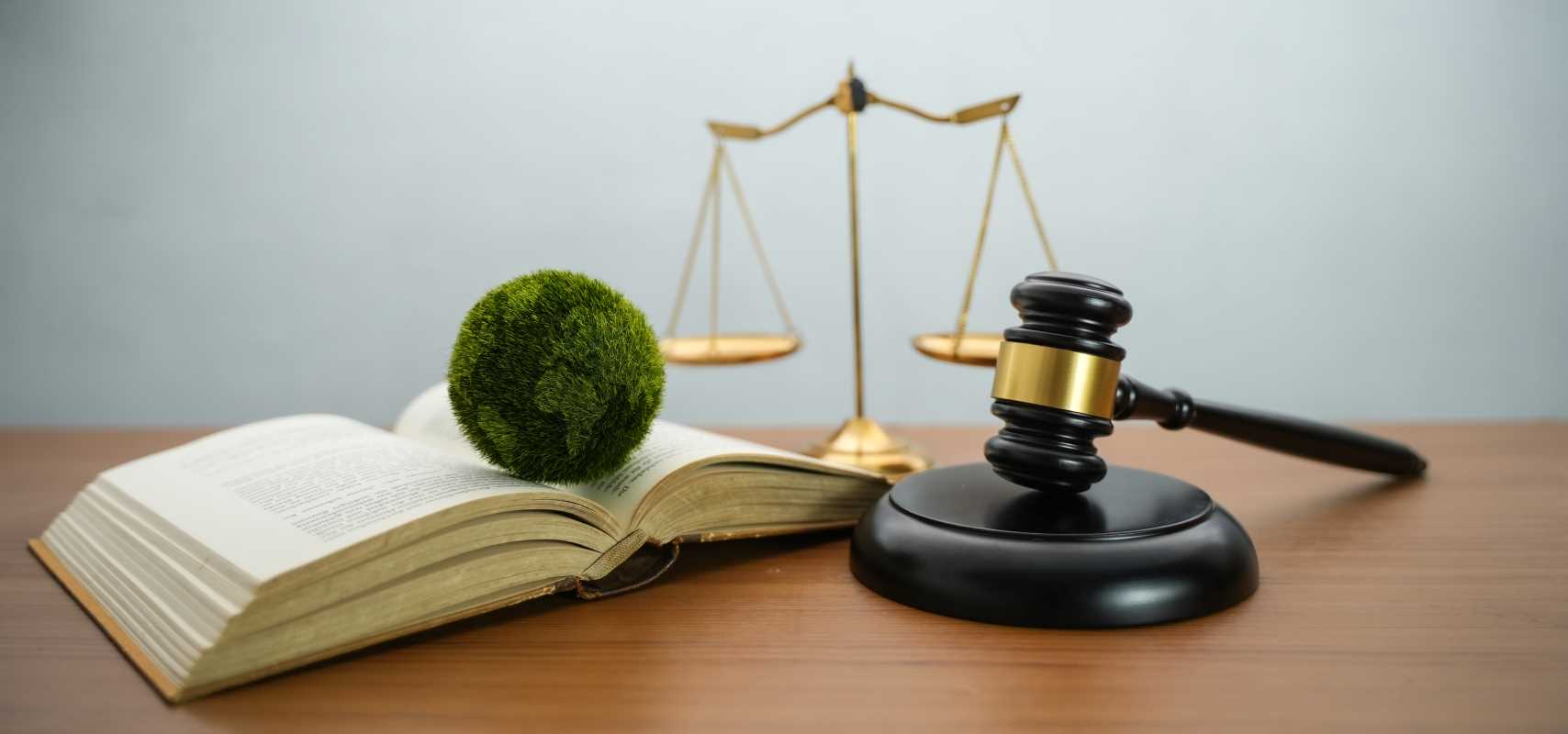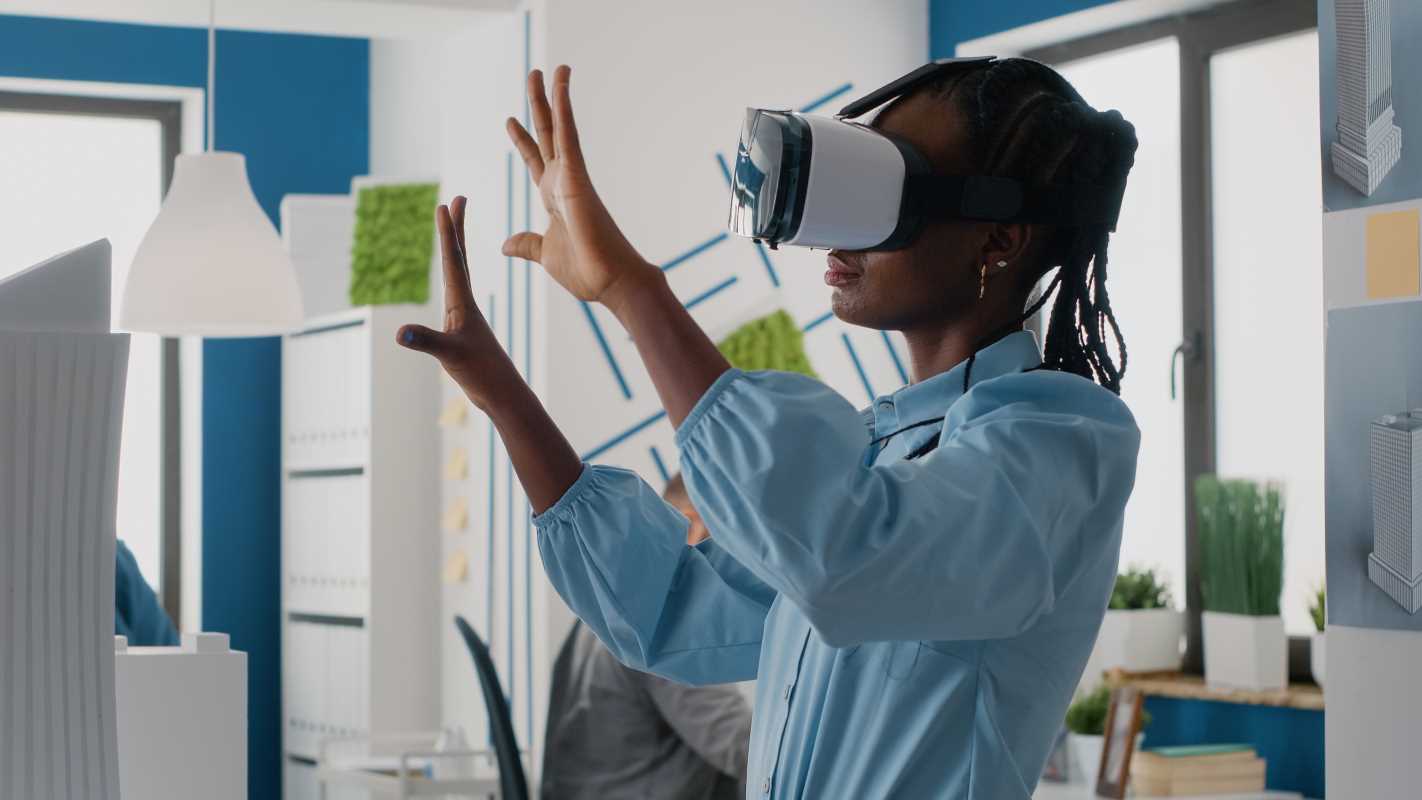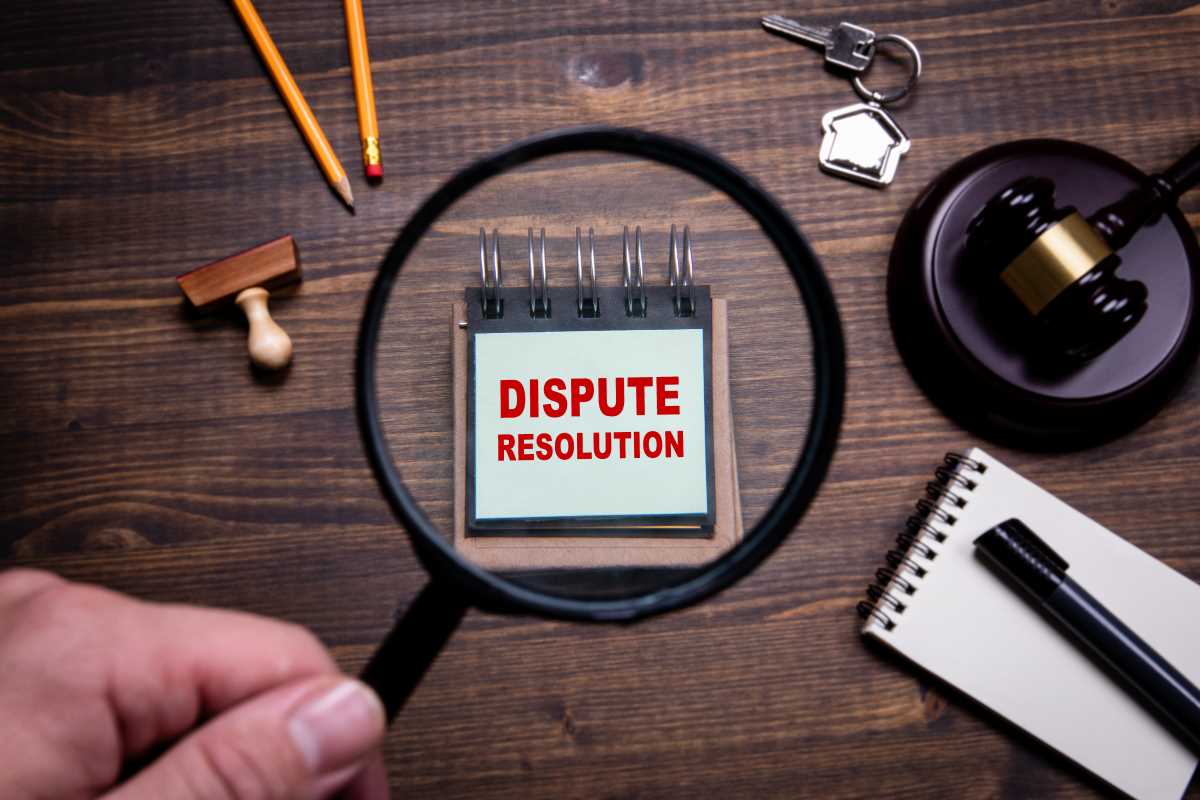Artistic expression offers a profound sense of personal satisfaction, yet the journey doesn't end with the completion of a piece. As an artist, taking ownership of your creations introduces a unique array of responsibilities and challenges that can be daunting. It's essential to grasp the legal nuances surrounding art ownership, as this knowledge acts as a shield for your work, safeguarding it from potential pitfalls. By understanding these intricacies, you empower yourself to move through the often complex landscape of the art world with assurance and clarity, ensuring that your creative efforts receive the recognition and protection they deserve.
Why Art Ownership Matters
- Protects Your Rights: Ensures that others do not use your creative work without your permission.
- Monetary Benefits: Allows you to earn income through sales, licensing, and royalties.
- Recognition and Reputation: Establishes your name and brand in the art community.
- Legal Recourse: Provides a basis for taking action if someone infringes upon your work.
- Control Over Your Work: Gives you the authority to decide how and where you display or reproduce your art.
Understanding Copyright and Intellectual Property
Copyright plays a fundamental role in art ownership, granting artists exclusive rights to their creations. When you create an original piece of art, you automatically hold the copyright, which means you can reproduce, distribute, and display your work as you see fit. Understanding the nuances of copyright law proves crucial to fully grasp your rights and how to enforce them.
Intellectual property (IP) extends beyond copyright to include trademarks and patents, although the latter are less common in the art world. Trademarks protect symbols, names, and slogans used to identify goods or services, which can be particularly useful for artists looking to build a recognizable brand. By safeguarding your IP, you ensure that your unique identity and creative outputs remain legally protected from unauthorized use.
Common Legal Challenges for Artists
- Copyright Infringement: Unauthorized use or reproduction of your work can lead to significant losses and a diminished reputation.
- Contracts and Agreements: Navigating contracts with galleries, buyers, and collaborators can be tricky without legal expertise.
- Licensing Issues: Ensuring that others use your work appropriately under licensing agreements requires careful oversight.
- Moral Rights: Protecting the integrity of your work against modifications or derogatory treatments poses ongoing challenges.
- International Protection: Extending your legal protections across different countries involves understanding varying legal systems and requirements.
How to Protect Your Artistic Creations
One of the best ways to protect your work is by thoroughly understanding art ownership. This involves registering your copyrights, keeping detailed records of your creative process, and being vigilant about where and how you share your art online and offline.
Consider using watermarks and digital signatures on your online works to deter unauthorized use. Regularly monitor platforms where you share your art to ensure that your rights are not being violated. If you discover infringements, take action by issuing cease and desist letters or seeking legal counsel to enforce your rights.
It's also beneficial to educate yourself about the basics of copyright law and stay updated on any changes that may affect your rights as an artist. Investing time in understanding the legal landscape can save you from potential disputes and help you make informed decisions about your work.
Working with Legal Professionals
While you can manage some aspects of art ownership on your own, working with legal professionals provides invaluable support. An attorney who specializes in intellectual property law can help you navigate the complexities of copyright registration, draft contracts, and offer advice on licensing agreements.
Collaborating with a legal expert ensures that your contracts are comprehensive and protect your interests. They can also assist in resolving disputes effectively, allowing you to focus on your creative work without being bogged down by legal issues. Building a relationship with a knowledgeable lawyer can be a significant asset as your art career grows and evolves.
Safeguarding your art is crucial for controlling your creative output and benefiting from your efforts. By understanding legal aspects, staying proactive, and seeking professional guidance, you can navigate the art world confidently.







